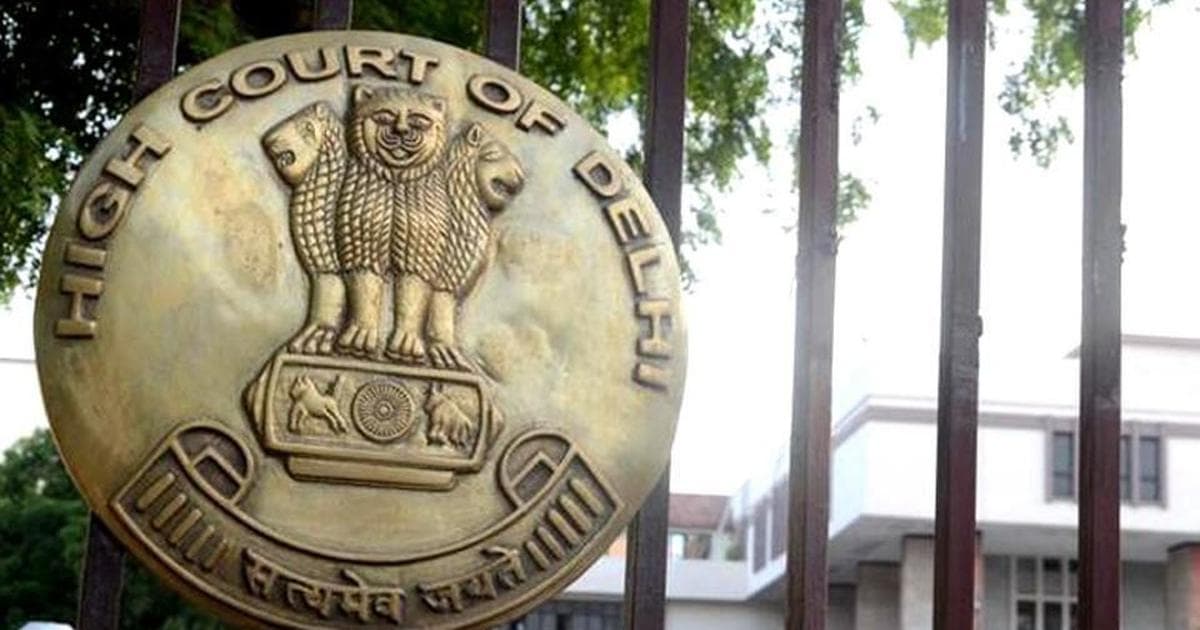Justice Yashwant Varma, formerly of the Delhi High Court and transferred to the Allahabad High Court, faces a historic impeachment motion set for the Monsoon Session of Parliament, starting July 21, 2025. The motion, driven by allegations of unaccounted cash found at his Delhi residence after a March 14, 2025, fire, could make Varma the first High Court judge in India to be impeached. However, concerns over lapses in due process and the Centre’s aggressive push, led by Union Minister Kiren Rijiju, raise questions about judicial independence and fairness, as reported by The Leaflet.
In This Article:
A Controversial Case
The allegations stem from a fire at Varma’s Delhi residence, where authorities reportedly discovered burnt currency, prompting a Supreme Court-appointed inquiry. The panel, comprising a Supreme Court judge and two High Court chief justices, indicted Varma on May 4, 2025, for failing to explain the cash’s source, deeming it serious misconduct warranting impeachment. Varma, denying the claims as a “conspiracy,” refused the Chief Justice of India’s (CJI) advice to resign, leading the Centre to initiate the motion, requiring 100 Lok Sabha or 50 Rajya Sabha signatures under the Judges (Inquiry) Act, 1968. If passed with a two-thirds majority in both houses, Varma would be removed, a first in India’s judicial history.
Due Process Concerns
Reports suggest the Centre may bypass the Judges (Inquiry) Act’s mandatory three-member committee investigation, relying solely on the in-house panel’s findings, which lack the Act’s civil court powers, such as summoning witnesses or enforcing document production. The leaflet notes this risks undermining constitutional safeguards under Article 124(5), denying Varma a fair procedure. The in-house inquiry, formulated in 1997 and made public in 2014, is meant for internal discipline, not impeachment, raising concerns about transparency and natural justice. Former Attorney General Mukul Rohatgi, in an interview, emphasized the need for a thorough, impartial probe, warning against rushed proceedings.
A Pivotal Moment for Judicial Integrity
With India’s ₹101 billion entertainment sector reflecting cultural shifts, Varma’s case underscores the judiciary’s role in public trust. While the Allahabad High Court Bar Association supports the motion, the lack of transparency and potential executive overreach threaten the process’s legitimacy. As India watches this unprecedented impeachment unfold, ensuring due process is critical to preserving judicial independence and public confidence in 2025.
-By Manoj H




